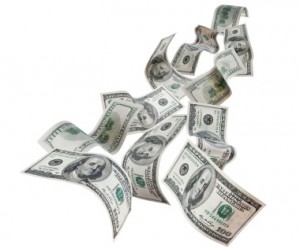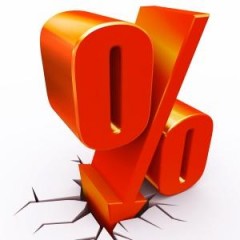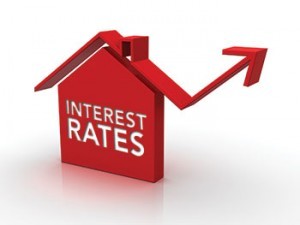 Today’s top story: How to bounce back from an income drop. Also in the news: 5 tips for fostering a successful hybrid workplace, is the Fed to blame for high home prices, and why right now might be the best time to sell your car.
Today’s top story: How to bounce back from an income drop. Also in the news: 5 tips for fostering a successful hybrid workplace, is the Fed to blame for high home prices, and why right now might be the best time to sell your car.
When Your Income Drops, Here’s How to Bounce Back
Recovering from an income drop depends on quickly cutting back expenses while also tackling the emotional stress.
5 Tips for Fostering a Successful Hybrid Workplace
Breaking old office habits and seeking employee input early and often can help create a successful hybrid workplace.
The Property Line: Blame the Fed for High Home Prices?
House prices are skyrocketing for multiple reasons. The Federal Reserve is just one piece of the puzzle.
Why Now Might Be the Best Time to Sell Your Car
Used cars have never been hotter.
 Today’s top story: This winter, your credit should freeze, too. Also in the news: 5 keys to picture-perfect TV buying, when to hire someone to do your taxes, and 5 things consumers should watch out for now that the Fed hasn’t raised rates.
Today’s top story: This winter, your credit should freeze, too. Also in the news: 5 keys to picture-perfect TV buying, when to hire someone to do your taxes, and 5 things consumers should watch out for now that the Fed hasn’t raised rates. Today’s top story: What to buy every month in 2019. Also in the news: Giving income updates to credit card companies, Experian adds a new way to strengthen your credit, and how the latest Fed decision affects rates on credit cards, mortgages and savings accounts.
Today’s top story: What to buy every month in 2019. Also in the news: Giving income updates to credit card companies, Experian adds a new way to strengthen your credit, and how the latest Fed decision affects rates on credit cards, mortgages and savings accounts. Today’s top story: When to expect a fed rate hike. Also in the news: The hazards of long-distance home shopping, what being a landlord means for your taxes, and why back-to-school shopping doesn’t have to be a budget-buster.
Today’s top story: When to expect a fed rate hike. Also in the news: The hazards of long-distance home shopping, what being a landlord means for your taxes, and why back-to-school shopping doesn’t have to be a budget-buster.  Today’s top story: NerdWallet dads share their personal finance tips. Also in the news: Why college grads need more education, how minimalism can help your wallet, and what the Fed meeting means for investors and home buyers.
Today’s top story: NerdWallet dads share their personal finance tips. Also in the news: Why college grads need more education, how minimalism can help your wallet, and what the Fed meeting means for investors and home buyers. You may hardly notice the first Federal Reserve rate increase in nearly a decade, but it makes now a good time to consider making changes to the credit cards you use. If you carry a balance, you may be able to reduce the future cost of your debt. If you don’t, you should be looking for better rewards deals.
You may hardly notice the first Federal Reserve rate increase in nearly a decade, but it makes now a good time to consider making changes to the credit cards you use. If you carry a balance, you may be able to reduce the future cost of your debt. If you don’t, you should be looking for better rewards deals.